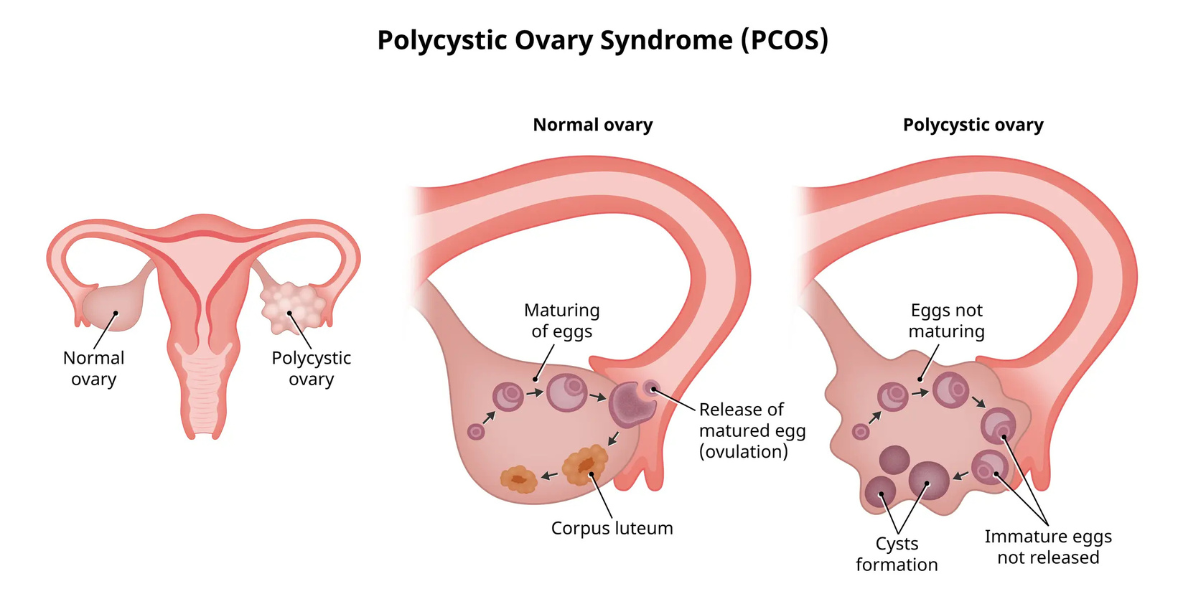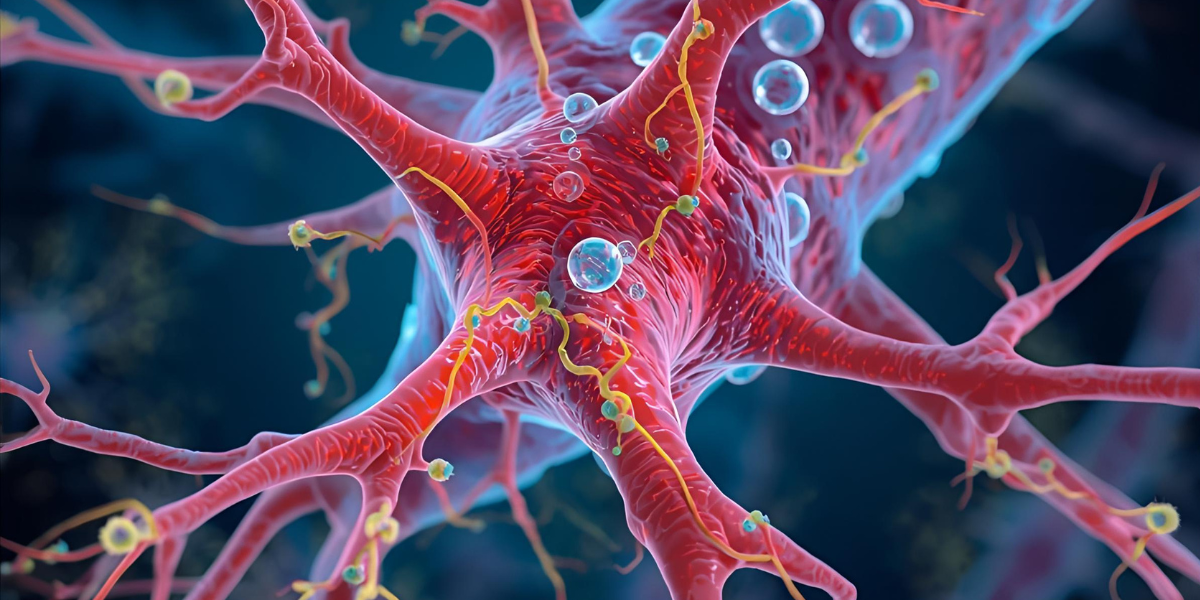
How Smoking Impacts Liver Function
When people think about the dangers of smoking, they often focus on lung cancer, heart disease, and respiratory issues. However, one of the most overlooked organs affected by smoking is the liver. The liver plays a crucial role in detoxifying harmful substances, metabolizing drugs, and maintaining overall health. But smoking introduces a range of toxins that can overload and damage the liver, increasing the risk of liver disease.
1. Smoking Increases Liver Toxicity
The liver is responsible for breaking down toxins and chemicals that enter the body. Cigarette smoke contains over 7,000 chemicals, including nicotine, tar, carbon monoxide, and heavy metals like cadmium and arsenic. These substances increase oxidative stress, leading to liver cell damage, overwork the liver’s detoxification system, making it harder to process harmful substances and slows down liver regeneration, reducing its ability to heal itself after damage. As a result, the liver becomes more vulnerable to inflammation and scarring, which can lead to serious liver conditions.
2. Smoking Worsens Fatty Liver Disease
Fatty liver disease (hepatic steatosis) occurs when excess fat accumulates in the liver. This condition is often linked to obesity, diabetes, and alcohol consumption, but smoking also plays a role. Smoking increases fat accumulation in the liver, worsening non-alcoholic fatty liver disease (NAFLD) and impairs insulin sensitivity, making it harder for the liver to regulate blood sugar and fat metabolism. This means that even if you don’t drink alcohol, smoking can still put you at high risk for liver disease.
3. Smoking Increases the Risk of Liver Fibrosis and Cirrhosis
Chronic smoking can lead to fibrosis (scarring of liver tissue), which, if left unchecked, progresses to cirrhosis—a severe, irreversible liver disease. Smoking contributes to this damage by triggering chronic inflammation, leading to excessive scar tissue formation and reducing blood flow to the liver, depriving it of oxygen and nutrients needed for regeneration. Liver cirrhosis can cause serious complications, including liver failure, fluid buildup in the abdomen (ascites), and an increased risk of liver cancer.
4. Smoking Reduces the Effectiveness of Liver Medications
The liver plays a key role in metabolizing medications, including those used for liver disease, infections, and other conditions. Smoking affects how the liver processes drugs by speeding up drug metabolism, making medications less effective and altering liver enzymes, which can interfere with drug absorption. For example, smokers may need higher doses of painkillers, antidepressants, or anticoagulants, but these higher doses can put more strain on the liver.
Can Quitting Smoking Reverse Liver Damage?
The good news is that quitting smoking can significantly improve liver health. When you stop smoking oxidative stress and inflammation in the liver decrease, fat buildup in the liver reduces, improving fatty liver disease and the liver’s detoxification system functions better, processing toxins more efficiently. While severe liver damage may not be fully reversible, quitting smoking slows down disease progression and improves overall liver function.
Conclusion
Smoking is a major but often overlooked threat to liver health. It increases the risk of liver toxicity, fatty liver disease, cirrhosis, and liver cancer, making it even more dangerous for people with existing liver conditions. The best way to protect your liver is to quit smoking and adopt a liver-friendly lifestyle.






